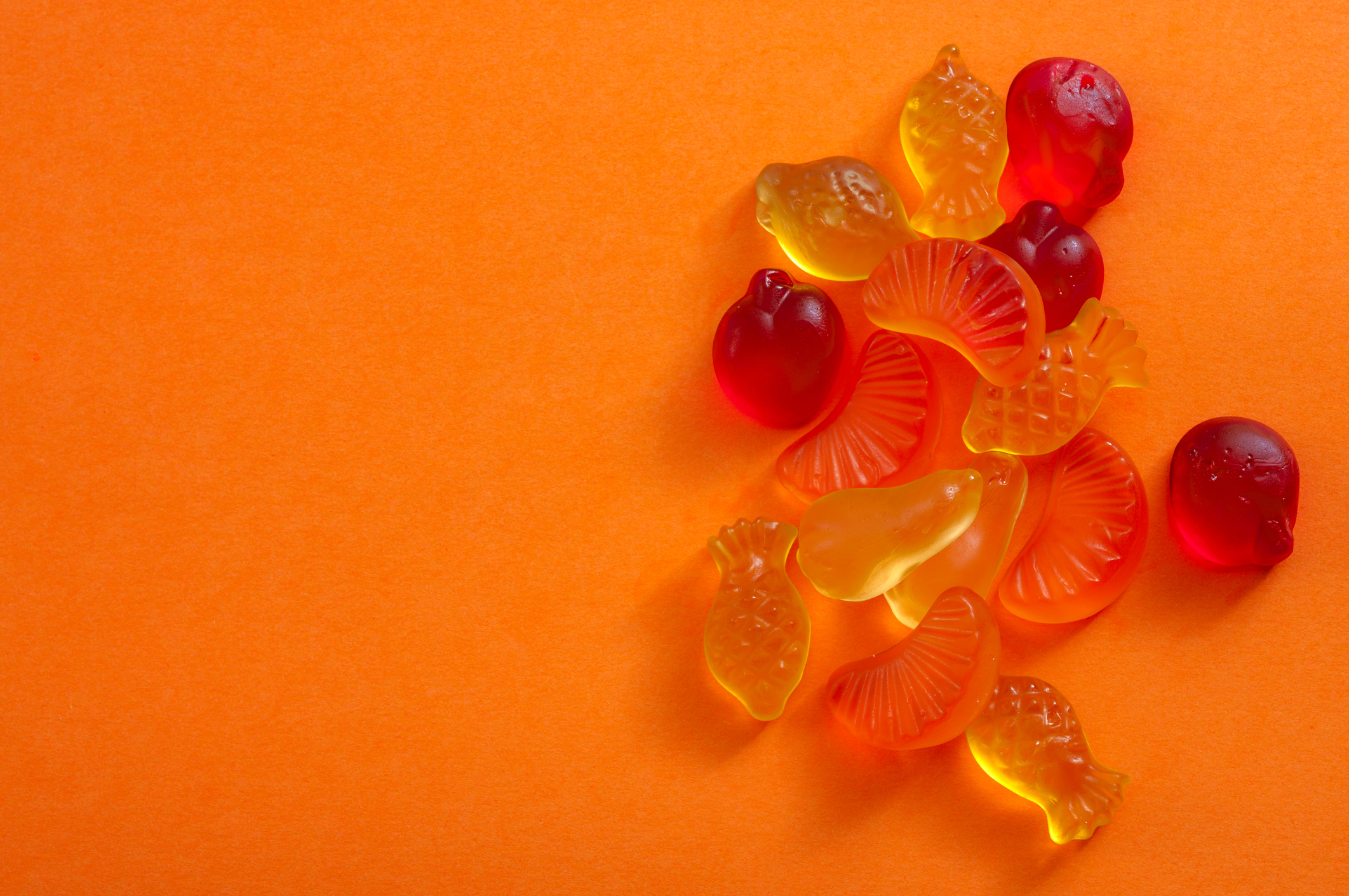

The exact causes of inflammatory bowel diseases (IBDs), which affect millions of people worldwide, are still not fully understood.
But studies have shown that genetics, dysregulated immune responses, imbalanced gut microbiota and environmental factors can trigger these serious chronic inflammatory conditions.
And if you take a little dive into food additives, it’s easy to see that the last factor may be the hardest to avoid…
Of the 36 food dyes approved by the FDA for use in the United States, nine are artificial color additives used in foods and beverages. And of those nine, the three most commonly used are Yellow No. 5, Yellow No. 6 and Red No. 40, also known by the brand name Allura Red AC.
You would think that because Allura Red is FDA-approved that it’s perfectly safe. But the dye is banned outright in several European countries, including France and Germany.
But there are no such restrictions in the U.S., where Allura Red is the most commonly used artificial coloring in grocery items — and may very well be the reason for growing rates of IBDs…
How Allura Red can impact health
Research shows Allura Red is linked to certain ADHD symptoms, such as hyperactivity, in children. Kids who ingest the red food dye may also experience other neurobehavioral effects.
Studies in mice have linked Red No. 40 to immune system tumors and several types of inflammatory bowel disease (IBD). One study found mice with an impaired immune system that consumed food containing Red 40 and Yellow 6 dyes developed colitis.
A more recent study by researchers at McMaster University in Canada specifically focused on Allura Red. Using experimental animal models of IBD, they discovered long-term continual exposure to Allura Red promotes inflammation and can trigger IBDs, including Crohn’s disease and ulcerative colitis — both considered autoimmune conditions.
Researchers found the dye directly disrupts gut barrier function and increases production of serotonin, a hormone and neurotransmitter found in the gut. This leads to increased susceptibility to IBDs like colitis.
“What we have found is striking and alarming, as this common synthetic food dye is a possible dietary trigger for IBDs,” says McMaster University professor and researcher Waliul Khan, senior author of the study. “These findings have important implication in the prevention and management of gut inflammation.”
He adds that previous literature suggests consuming Allura Red also affects certain allergies, immune disorders and behavioral problems in children.
Avoiding Allura Red and saving your gut
Prof. Khan observes that the Western diet, with its plethora of processed foods, includes large amounts of various additives and food dyes like Allura Red.
The best way to delete these dangerous dyes from your diet is to focus on whole foods and minimize the amount of processed foods you consume, starting with:
- Breakfast cereals
- Sodas/soft drinks
- Condiments
- Puddings
- Dairy products like ice cream, sherbet, flavored milks and frozen yogurt
- Baked goods
- Chocolate candy
- Fruit juices and gummy snacks
- Sports drinks
- Jello
Sadly, many of the foods containing Allura Red are aimed squarely at children, among them Nacho Cheese Doritos, Skittles, Twizzlers, M&Ms and Pepsi Blue and Mountain Dew Code Red sodas.
The good news is that food companies are required to list these dyes on the labels of their products. So if you’re looking to erase food dyes from your diet, you just need to do a little label reading.
Given its potential health issues, Allura Red or Red No. 40 is a great place to start. It can be found under a number of different names on food labels, including Allura Red AC, FD&C Red No. 40, INS No. 129, E129, CI Food Red 17 and CAS No. 25956-17-6.
A balanced gut microbiome and immune system can also be a strong ally against environmental sources that can cause dysregulation and lead to problems with your gut.
Sources:
Common food dye can trigger inflammatory bowel diseases, say McMaster researchers — McMaster University
Chronic exposure to synthetic food colorant Allura Red AC promotes susceptibility to experimental colitis via intestinal serotonin in mice — Nature Communications
Allura Red AC — chemeurope.com
Red 40, a food dye found in snacks like Pepsi and Doritos can trigger inflammatory bowel disease — Public News Time
101 Series – Food Dye — Michigan State University
17 Surprising Foods That Contain Chemicals & Food Dyes — Eat This, Not That!
Food Dye in Twizzlers, Doritos, & More Foods May Trigger Bowel Diseases, Study Finds — Eat This, Not That!
Is there a link between red dye 40 and ADHD? — Medical News Today
Allura Red AC — IACM
Red Dye 40: Is this Common Food Additive Bad for Your Health — GoodRx Health

